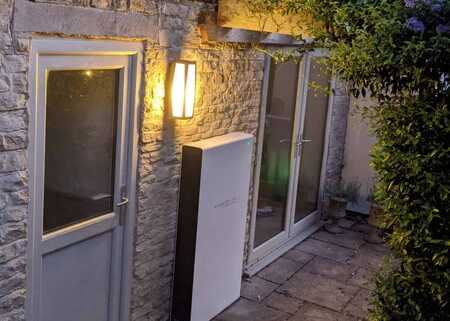Is replacing an oil boiler with a ground source heat pump a good idea
As the world becomes increasingly focused on renewable energy sources, more and more homeowners are considering ground source heat pumps as an alternative to traditional heating systems.
Ground source heat pumps use the earth's natural energy to heat homes, resulting in lower energy bills and a reduced carbon footprint. But like any heating system, there are both advantages and disadvantages to using a ground source heat pump.
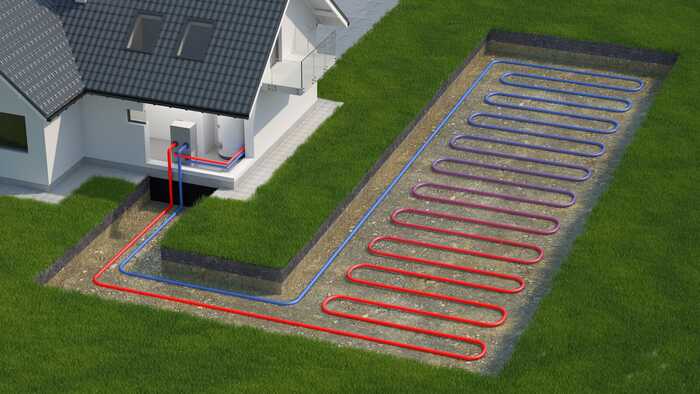
Advantages of a ground source heat pump
-
Energy efficiency - Ground source heat pumps are one of the most energy-efficient heating systems available. They work by extracting heat from the ground, which is a relatively stable temperature, and transferring it to your home. This process requires far less energy than traditional heating systems, which rely on fossil fuels.
-
Lower energy bills - Because ground source heat pumps use less energy than traditional heating systems, homeowners can save significantly on their energy bills. Over time, these savings can add up to thousands of pounds.
- Durability - Ground source heat pumps are built to last. The pipes used to extract heat from the ground are buried underground, protecting them from damage caused by weather or other external factors. And because the system doesn't rely on fossil fuels, there are fewer moving parts that can break down.
- Low maintenance - Ground source heat pumps require very little maintenance. Unlike traditional heating systems, there are fewer parts that need replacing and maintenance. As long as the system is installed correctly and regularly serviced then there's very little that can go wrong.
- Reliability - Ground source heat pumps don't rely on fossil fuels, so there's no risk of running out of oil or gas.
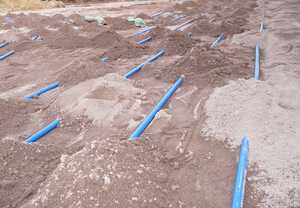
Disadvantages
- Significant upfront costs - While ground source heat pumps can save homeowners money in the long run, the initial cost of installation can be significant. As the system requires pipes to be buried underground, installation costs can be higher than other heating and cooling systems initially.
- Installation challenges - Installing a ground source heat pump requires a significant amount of excavation work. This can be challenging in areas with rocky or uneven terrain. Additionally, some homeowners may not have enough space on their property to accommodate the system.
- Electricity dependency - While ground source heat pumps use less energy than traditional heating systems, they still require electricity to operate. The installation of solar PV can help to reduce running costs further.
In conclusion, ground source heat pumps are an excellent option for homeowners looking to reduce their energy bills and carbon footprint. However, they do require a significant upfront investment and may not be suitable for all properties. As with any heating system, it's important to consider the advantages and disadvantages before making a decision.
If you would like some advice on renewable energy, or are considering the installation of a ground source heat pump and would like to know if it is the best solution for your home or business, please get in touch with us.
You might also be interested in...
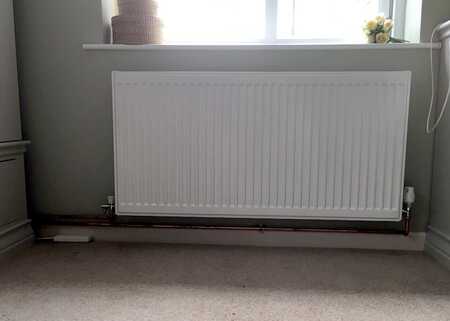
Air Source Heat Pump and Heating System13/03/2020
A typical installation of an Air Source Heat Pump, Water Cylinder and Radiator Heating System.
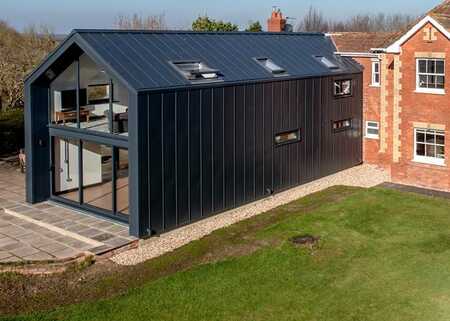
Ground Source Review: Green Gables Family Home30/03/2021
Green Gables is a family home in Somerset, consisting of two attached buildings. Looking to save money on heating bills and reduce their carbon footprint, the homeowner wanted to rule out their reliance on oil heating.
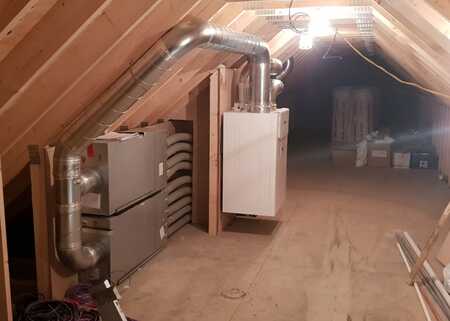
Stiebel Eltron Mechanical Ventilation and Heat Recovery system13/03/2020
Ongoing work installing a Stiebel Eltron Mechanical Ventilation and Heat Recovery system in a new build property near Taunton.
Posted on May 10th 2023

